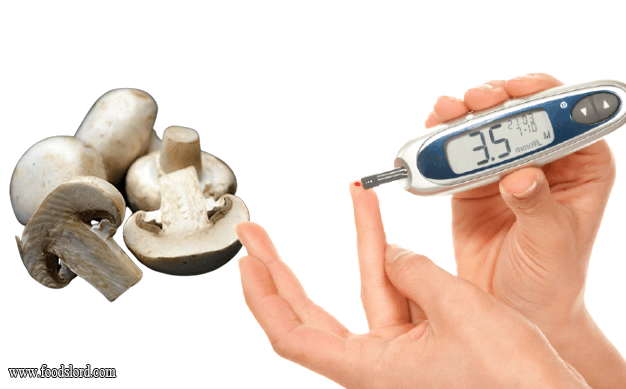Mushrooms whether dried, cooked or raw have amazing health benefits. Mushroom is low in calories, has no fat or cholesterol and also contains a variety of important vitamins and minerals such as selenium, potassium, riboflavin, niacin, vitamins D. Mushrooms are a good food source for preventing breast and prostate cancer due to their beta-glucan and linoleic acid. The types of wonderful properties of mushrooms are as follows:
Anticancer properties of Mushrooms
According to studies by the National Cancer Institute, the antioxidant content of mushrooms promotes the prevention of lung, prostate, breast, etc. cancers.
Mushrooms also contain small amounts of vitamin D. According to a 2018 report, vitamin D supplementation can help prevent or treat some types of cancer, although this effect may vary from person to person. Choline is also another antioxidant found in mushrooms. Choline can reduce the risk of some types of cancer.
Diabetes
Dietary fiber helps manage some diseases, including type 2 diabetes. A 2018 meta-analysis found that people who ate a lot of fiber had a lower risk of developing type 2 diabetes and for those who already had type 2 diabetes, fiber helps lower blood glucose levels. One cup of raw mushrooms, about 70 grams, provides about 1 gram of the body’s fiber needs.

Heart health
The fiber, potassium and vitamin C in mushrooms help improve cardiovascular health. Potassium can help regulate blood pressure and reduce the risk of high blood pressure and cardiovascular disease. The American Heart Association (AHA) recommends reducing the amount of salt added to your diet and eating more foods that contain potassium.
According to current guidelines, people should consume about 4700 mg of potassium daily. Mushrooms are on the AHA list of foods that provide potassium.
Pregnancy health
Many women take folic acid or folate supplements during pregnancy to boost fetal health, but mushrooms can also provide folate. One cup of whole, raw mushrooms contains 16.3 micrograms of folate. Current guidelines recommend that adults consume 400 micrograms of folate daily.







